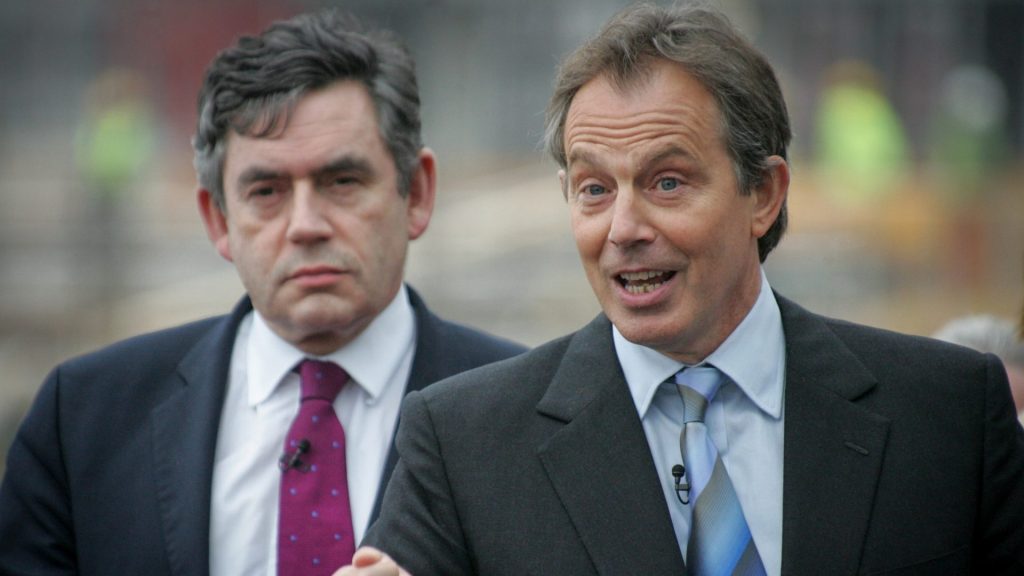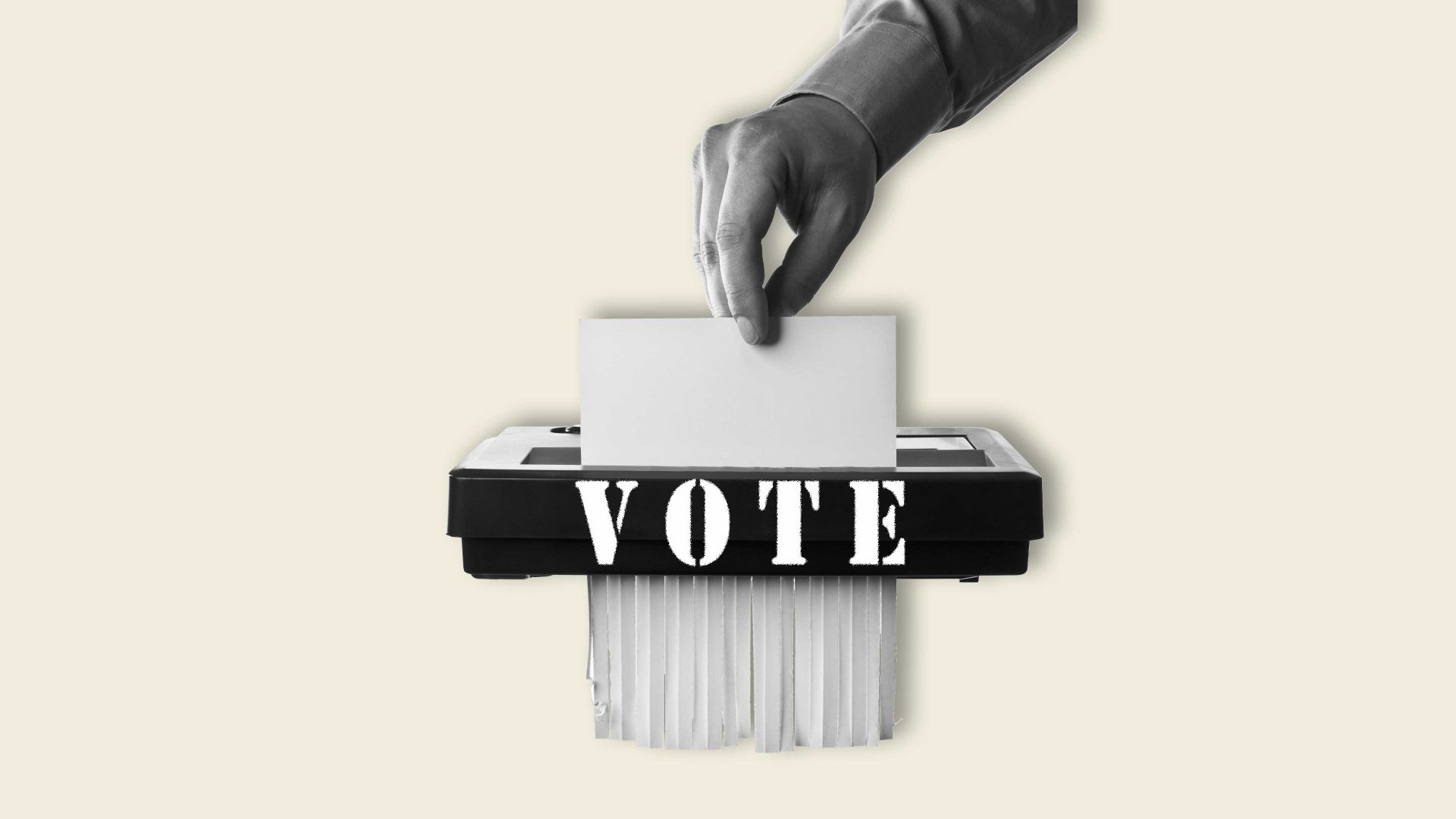I suspect that his stances on Brexit, child benefit and now ULEZ will have eroded much sympathy for him among New European readers, but I still can’t help feeling a bit sorry for Keir Starmer.
He faces the perennial problem of any Labour leader in opposition: They cannot so much as propose buying some more printing paper for the No 10 photocopier without the Conservatives and their media chums demanding to know where the money to pay for it will be coming from.
It is hypocrisy of the highest order. Just this month the government blatantly nicked one of Labour’s own policies – a huge increase in the numbers of student nurses, doctors, and dentists over 15 years – without, as far as I could see, a single question being asked about where the billions of pounds necessary would come from. The government just “found it”, and that was that until Starmer asked Rishi Sunak at last week’s PMQs whether the extra cash would be found by shaking the magic money tree.
But this kind of stuff pales into insignificance when it comes to the real money problem for Starmer, summed up by shadow culture secretary Lucy Powell last week when she said: “To coin a phrase, there just – frankly – is no money left.”
What Powell said is – frankly – rubbish. The Tories said much the same when they came to power in 2010 and have been repeating the mantra ever since, while still managing to find billions for tax cuts for the rich, and disastrous pet projects like Brexit, as well as funding Covid furloughs and Ukraine’s battle to repel Vladimir Putin’s invasion of Russia.
Nevertheless, Powell is right to say that government finances are bad and getting worse. Borrowing is soaring, interest rates are climbing relentlessly, and taxes are already set to hit the highest level since the 1940s. As we head for yet another slowdown and possibly a recession, nearly every government department needs more money.
And this economic wasteland Starmer will inherit if he wins the next general election comes with its own catch-22.
If he and shadow chancellor Rachel Reeves stand by long-held policy commitments, then they will be accused of reckless borrowing at a time of nightmarish interest rates. If they change or delay their proposals because they believe they are no longer affordable, then they will be accused of flip-flopping and abandoning core Labour principles.
Neither are adherents of Modern Monetary Theory, the idea that governments issue their own currency to create more money to finance public spending when it is needed provided they hold down inflation. MMT fans like the former Bernie Sanders advisor Stefanie Kelton say that we should not worry about the “learned helplessness” of keeping deficits low, and contend that bigger deficits can strengthen an economy and lead to faster growth.
I am not sure how much I go along with them, but the whole economic debate has been dominated for far too long by the idea that, like households, governments have to balance their budgets. This Thatcherite housewife attitude to economics denies reality and common sense but has been very popular for decades, despite the fact that Britain, like every other government, borrows money and uses it to cover everything from short-term crises to investment that boosts growth, and they have been doing so for centuries.
Labour is understandably cautious about challenging the markets’ economic orthodoxies after the Liz Truss/Kwasi Kwarteng trashing of the economy that, with Covid, Ukraine and Brexit, landed Britain in this mess. Thus, we have Starmer and Reeves abandoning their pledge to spend £28bn on the flagship new green economic policy because they know they will not be able to find the money immediately to do that. The promise to pay childcare credit or universal credit beyond the first two children has also gone the same way, to cries of outrage from some of Labour’s own supporters. The promise to abolish tuition fees is now dead. It is not hard to see why.
As Reeves said when watering down the green pledge: “The truth is I didn’t foresee what the Conservatives would do to our economy.” She went on to promise: “We will get to the investment that is needed. But we’ve got to do that in a responsible way.”
Of course, Reeves is saying, she could raise money using traditional methods. Many economists point out that the UK is still a relatively low-tax economy by international standards, and could raise taxes for the rich. And while our ability to borrow is not bottomless, the UK’s borrowing totals are not very high compared with many other countries.
Of course, both these levers may need to be pulled in an emergency – say if (heaven forfend) the war in Ukraine became a new European or world war, or a new pandemic required urgent funding.
But Reeves and Starmer are determined to kill the Tory attacks on “profligate Labour” before they start. This is not a new way of keeping the opposition and the media off your back.
Before the 1997 election which Tony Blair won with a landslide, the country was thoroughly fed up with the sleazy Tory party and crumbling public services, but the economy was doing quite well. Even so – and despite poll leads even higher than the ones Starmer enjoys now – Blair and Gordon Brown had to promise to keep to Conservative spending limits for the first term, a promise they pretty much kept. Such is the power and the fear of the “profligate Labour” narrative.
Now, there is even less incentive for Labour to be daring. “I think we both agree that 1997 is very different from 2023,” Blair said in his Q&A with Starmer last week. “What you’re going to inherit next year is grim.”
So the shadow chancellor will just have to keep her spending commitments in line with the ever-diminishing pot of money available. But that doesn’t mean Labour cannot have good, attractive policies. What can they promise in opposition that is affordable and will make a difference?
For a start, just last week the Institute for Fiscal Studies ran its abacus over Labour’s plans to end the charitable tax breaks for private schools and found that they made sense. In fact, they will bring in £1.5bn a year to spend on poor and deprived state school children.

Secondly, improving the apprenticeship system would cost nothing. Supposedly “reformed” in 2016, the apprenticeship levy brings in lots of money, but the system is so complex and wasteful that companies either don’t bother spending the money or spend it on other things, like management courses. Improving the system would not cost a penny and would create tens of thousands of new, highly skilled workers – just what the country needs.
At the same time, encouraging rather than discouraging foreign students to join our universities would help their funding and boost the economy at no cost. We could take foreign students out of net migration figures, as other countries do.
Those are three costless winners just in the education sector alone.
Then there is house building. Genuine planning reform would boost the number of urgently needed new homes in the country, create jobs and boost growth and productivity. The government would not necessarily have to spend a penny, although encouraging council house building would be a great help too.
If Labour has abandoned plans to nationalise the utilities it can at least reform their regulation pretty painlessly. Make them invest more, improve standards, protect the environment and keep bills down. It is, after all, what we were promised privatisation would achieve, and having good utilities is rather important when trying to attract foreign investment. For some strange reason, foreigners like places with clean water and reliable energy.
Then Labour could announce an industrial policy. This would be cheap as chips, but my word is industry crying out for some guidance and assurance. Anything would be better than the mess at the moment.
And then there is the elephant in the room. Brexit. Much to the frustration of TNE readers, Starmer rules out rejoining the EU, but there is still an awful lot that Labour can do.
The Tories have kicked into the long grass our re-entry into the EU’s Horizon programme for funding scientific research – although it would be in the national interest, Sunak is too scared of a Brexiteer backlash following last week’s disastrous byelection results. In a few months, though, the Tories will grit their teeth and grudgingly re-enter Horizon, but Labour should embrace it and guarantee its future, asking for more of the same.
It should then oil the borders and encourage trade with the EU by:
• Promising to adhere to standards for food and agricultural produce; a huge win for the farming and food industries which would save money.
• Keeping the CE mark which guarantees EU standards for goods. This would win the undying love of manufacturing while saving money by not setting up a UK standards system that no one wants.
• Staying in the EU’s REACH regulations, which would win the undying love of the chemical industry and save money (see above).
• Maintaining other standards in lockstep with the EU, so investors and companies will always know they can export to the EU from the UK.
• Negotiating visa-free travel for artists, musicians and anyone else we can.
All of these would reassure industry, boost exports and encourage investment. They would actually save money too.
But even so, the most obvious and biggest boost the British economy could get from a Starmer government would be to rejoin the single market and, if possible, the EU.
The 4-5% loss the economy is suffering from would be reversed, foreign investment would flood into the UK, business investment would boom, labour shortages would end, exports would shoot up and the world would rejoice – well, except for the inhabitants of Moscow, possibly Beijing and also Brexit fantasy island.
But this can’t happen in the short term. While he could certainly be bolder, this is not entirely Starmer’s fault. Long before rejoin becomes a serious topic of discussion, the UK is going to have to prove to the EU that it is once again a reasonable, rational player.
If Labour gets into power, they will have to live in the world they inherit, not the one they would like to see. The problems are the same as when Blair took power – the parlous state of the NHS, the crumbling education system, a shrunken state unable to function properly, a care system in need of complete reform.
These are urgent priorities. They will take every penny we have and years to fix, at a time when the economic outlook is bleak. Back in 1997, Starmer reflected last week, the Labour election anthem Things Can Only Get Better “resonated because it felt like that was the mood of the country. That’s not the position now, by a long shot.” So, you really should feel a bit sorry for Keir Starmer – and very sorry for the rest of us.




